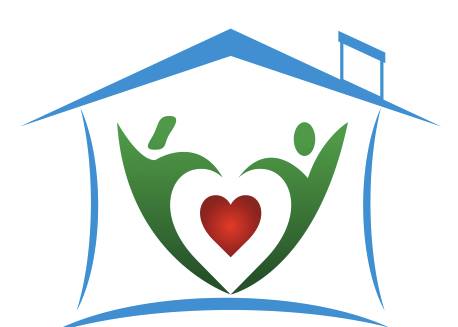COVID-19 has shaken us to the core. Our world has changed dramatically in a short space of time. My hope is that we will not go back to “business as usual” after COVID-19: that would be a tragedy. I hope that we have learned some lessons from COVID-19 and that our world is dramatically different after COVID-19. Here are some lessons that come to my mind: they range from the relational to the societal.
- Quality time with family and friends is more important than the busy activity of our lives. Many families have found that with shelter in place, the pace of life has become slower and they are spending more quality time with the children and with each other. We are spending more time at the table together, playing games, talking, and taking bike rides and walks as a family. Many clients have told me that they are enjoying this part of shelter in place and that they hope that they will continue these practices after COVID-19.
- Our relationships are more important than the “things” of our lives. What we have longed for in this time of social distancing is human contact. We live in relative material comfort, but we long for and miss face-to-face contact with friends and family and with the larger community. We are social beings and we are made for relationship and community.
- We are only as strong as a society as the most vulnerable members of our society. COVID-19 has exposed and taken advantage of the disparities and inequalities in our society. Those disparities and inequalities have made us vulnerable to the pandemic. If we wish to prevent a future pandemic, we need to address those disparities and inequalities and protect the most vulnerable in our society.
- We may all in the same boat, but we are in different classes.While it is true that COVID-19 has also affected the rich and the powerful, it has disproportionately affected the poor and the marginalized. Like on the Titanic, we are in different classes of cabins. The disease itself has disproportionately affected people of color and the economic consequences have disproportionately affected the poor, the working class, and those who live from paycheck to paycheck. While some of us can afford to wait it out comfortably in our homes and in gated communities, those who were already vulnerable have faced even greater insecurity and poverty.
- Our essential workers are not fairly compensated. It turns out that our professional athletes and celebrities who make millions are not essential and that our service workers, who are among the most poorly compensated in our society, are essential. Service workers are disproportionately women and people of color and more likely to be immigrants. Their work has been essential for the maintenance of our society during this crisis, while many of our office workers and even executives have not been deemed essential. However, our service workers have been asked to take the greatest risks for the lowest compensation. Many service workers make less at their job than laid-off office workers collecting unemployment benefits.
- Our liberties must be balanced by respect for life and for the common good.As Americans, we value immensely our liberty. However, our liberties cannot endanger the lives of others or the common good. At this time, our “right” to assemble and to enter public spaces without a mask is rightfully restrained by the right to life of others and by the common good.
- The impact of human activity on the environment can no longer be denied.With human activity slowing, the environment has been restoring itself. Images from around the world attest to the positive impact of the slow down: dolphins are swimming in the canals of Venice, waterways are becoming clearer, before and after photos of skylines of major cities around the world show a dramatic improvement in air quality. It would be tragic if we ignored our impact on the environment and simply went back to the way we were living before COVID-19.
- We deny science at our own peril. States and countries that have taken a science-based approach to the pandemic have been more successful at flattening the curve and preventing high rates of infection and death. For example, Germany has taken a science-based approach and has had the lowest rates of infection in all of Europe.
My hope is that we come out of this crisis a much kinder, gentler, just, equitable, and environmentally friendly society. I know that this essay is a departure from my usual relationship advice, but, as a marriage and family therapist, I am not only concerned with particular marriages and families, but with marriages and families in their societal, communal, and environmental context.
© 2025 Michael Brown, MSC, LMFT, dba Happy Couples Healthy Communities
